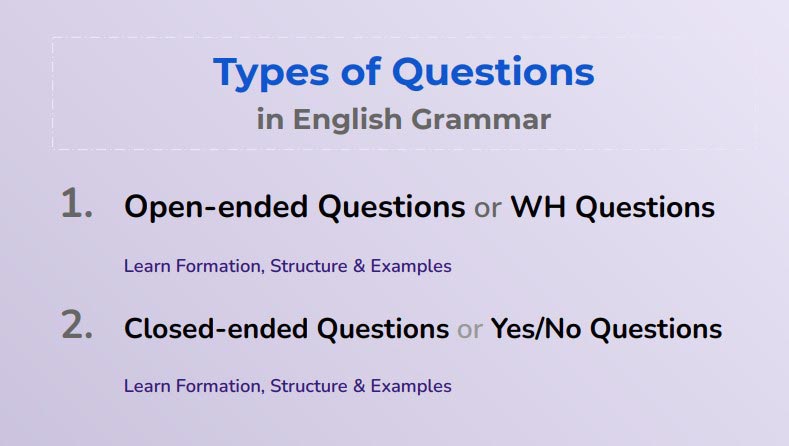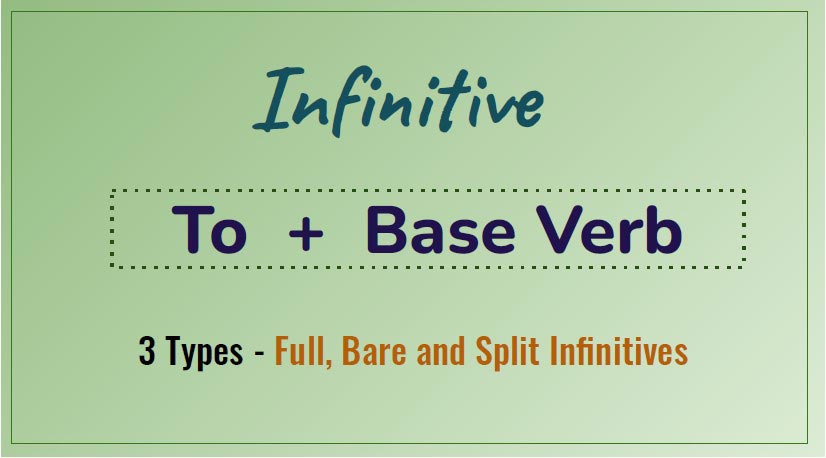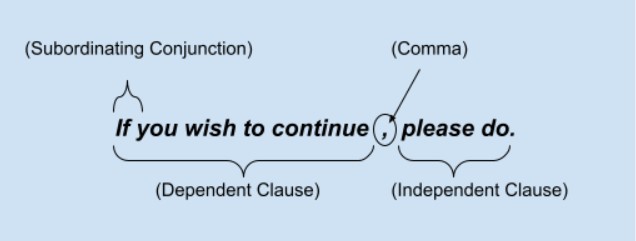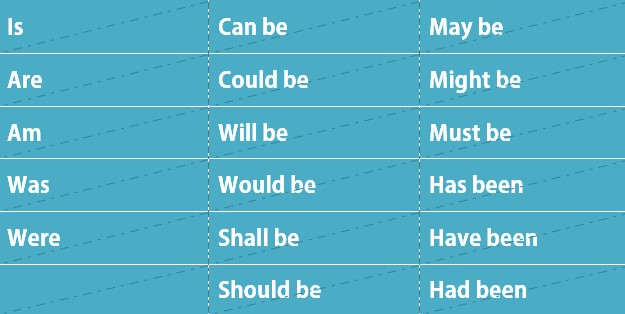Affirmative and Negative Agreement
In daily-life language use, there is a lot of work that is done by one person and repeated the same action by another person. In this case, we need to use particular words or formula to express the words in most appropriate and precise way. So, we use different words and rules to avoid unnecessary repetition of words which is known as Affirmative and Negative Agreement.
Affirmative Agreement:
When mentioning that one person or thing does something and again that another does the same, we use the word so or too. By using conjunction and, followed by a simple statement using so or too we can avoid unnecessary repetition of words from the affirmative sentences. The array of this statement will rely on whether so or too is used.
1. In the main clause, if a form of the verb be is used then the same tense of the verb be will be used in the simple statement that follows.
| Affirmative statement + and + | subject + verb (be) + too |
| (be) | so + verb (be) + subject |
Examples:
– I am happy. You are happy.
– I am happy, and you are too.
– I am happy, and so are you.
2. In the main clause, when a compound verb (auxiliary + verb), for example, will go, should do, has done, have written, must examine, etc. comes, the auxiliary of the main verb is used in the simple statement, and the subject and verb must agree.
| Affirmative statement (compound verb) + and + | subject + only auxiliary + too |
| so + only auxiliary + subject |
Examples:
– They will work in the lab tomorrow. You will work in the lab tomorrow.
– They will work in the lab tomorrow, and you will too.
– They will work in the lab tomorrow, and so will you.
3. In the main clause, when any verb except be comes without any auxiliaries, the auxiliary do, does, or did is used in the simple statement. The tense must be the same and the subject and verb must agree.
| Affirmative statement + and + | subject + do, does, or did + too |
| (single verb except be) | so + do, does, or did + subject |
Examples:
– Jane goes to that school. My sister goes to school.
– Jane goes to school and my sister does too.
– Jane goes to school and so does my sister.
Additional examples:
| He has been seen her plays, and the girls have too. He has been seen her plays, and so have the girls. |
| I will be in New Mexico in August, and they will too. I will be in New Mexico in August, and so will they. |
| We are going to the movies tonight, and Sam is too. We are going to the movies tonight, and so is Sam. |
| John went to the mountain on his vacation, and we did too. John went to the mountain on his vacation, and so did we. |
| She will wear a costume for the party, and we will too. She will wear a costume for the party, and so will we. |
| Ronaldo was a famous player, and Messi was too. Ronaldo was a famous player, and so was Messi. |
Negative Agreement
Either and neither in simple sentence function much like so and too in affirmative sentences. They are used to mention negative agreement. For this, the same rules for auxiliaries, be and do, does, or did apply.
| Negative Sentence + and + | subject + negative auxiliary + either |
| neither + positive auxiliary + subject |
Examples:
|
– Matthews hasn’t seen the new movie yet. I haven’t seen the new movie yet. |
| – I didn’t see Mary this morning. John didn’t see Mary this morning. – I didn’t see Mary this morning, and John didn’t either – I didn’t see Mary this morning, and neither did John. |
| – Roxeta hasn’t seen the movie yet. I haven’t seen the movie yet. – Roxeta hasn’t seen the movie yet, and I haven’t either. – Roxeta hasn’t seen the movie yet, and neither have I. |
Additional examples:
| We can’t study in the library, and neither can they. We can’t study in the library, and they can’t either. |
| John shouldn’t run so fast, and neither should you. John shouldn’t run so fast, and you shouldn’t either. |
| Your class hasn’t begun yet, and mine hasn’t either. Your class hasn’t begun yet, and neither has mine. |
| I don’t like tennis, and she doesn’t either. I don’t like tennis, and neither does she. |
| I am not interested in reading that book, and neither is she. I am not interested in reading that book, and she isn’t either. |
| I can’t stand listening to that music, and Helena can’t either. I can’t stand listening to that music, and neither can Helena. |
| The scientist isn’t too happy with the project, and neither have his assistants. The scientist isn’t too happy with the project, and his assistants haven’t either. |
Grammar
Read More
- How to Use "Therefore" in Sentences Avoiding Common Mistakes
- How to Use "Whereas" with Examples and Avoid Common Mistakes
- When and How to Use "Thus" Correctly Without Common Mistakes
- How to Use "On the Contrary" Properly with Meaning and Examples
- When and How to Use "Either/Or" with Examples and Common Mistakes to Avoid
- How to Use "On the Other Hand" Effectively without Mistakes
- How to Use "Respectively" with Example and Common Errors to Avoid
- How and When to Use "Moreover" Without Mistakes
- How to Use "Likewise" in Sentences Based on Context & When not to Use
- When & How to Use "Although" in Sentences to Avoid Mistake




